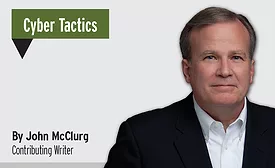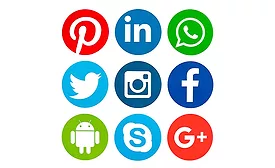Home » Keywords: » Facebook security
Items Tagged with 'Facebook security'
ARTICLES
CCPA Update: Analyzing the AG's Proposed Regulations
On October 10, 2019, the California Attorney General's office published its long-awaited proposed California Consumer Privacy Act (CCPA) regulations. What are they, and what should enterprises do to achieve compliance and avoid costly fines?
December 9, 2019
Education & Training
The FTC-Facebook Settlement: A Major Shift in U.S. Privacy Regulation
November 8, 2019
Sign-up to receive top management & result-driven techniques in the industry.
Join over 20,000+ industry leaders who receive our premium content.
SIGN UP TODAY!Copyright ©2025. All Rights Reserved BNP Media.
Design, CMS, Hosting & Web Development :: ePublishing














